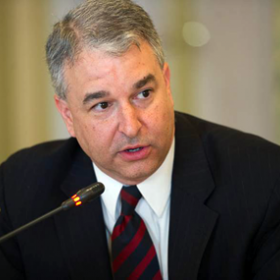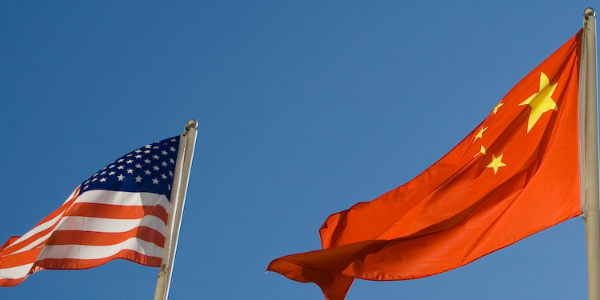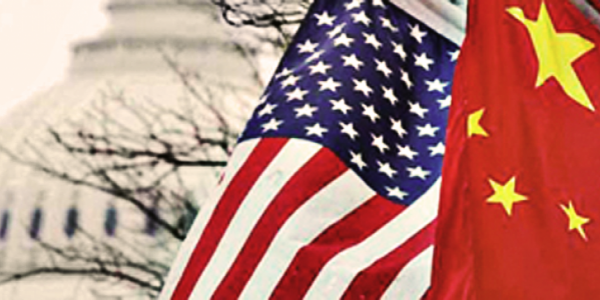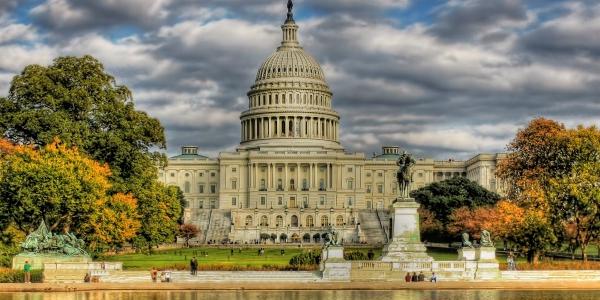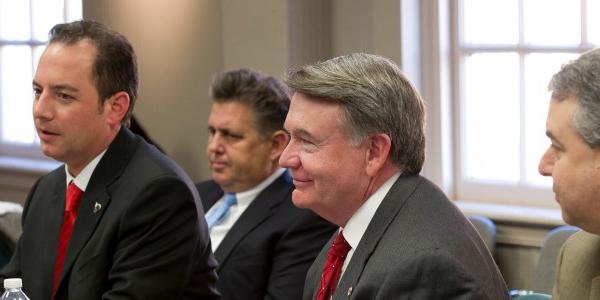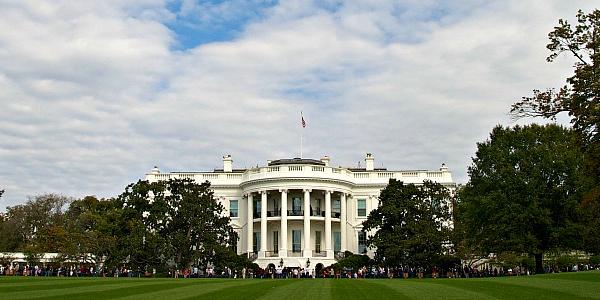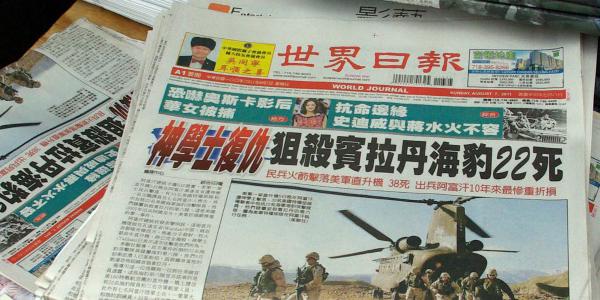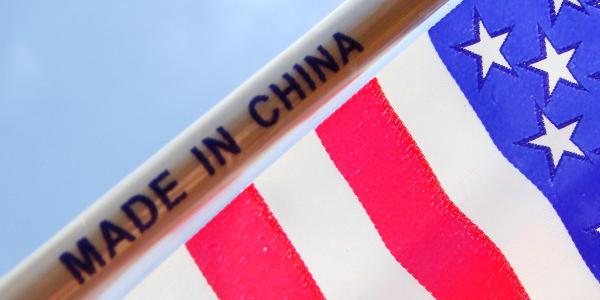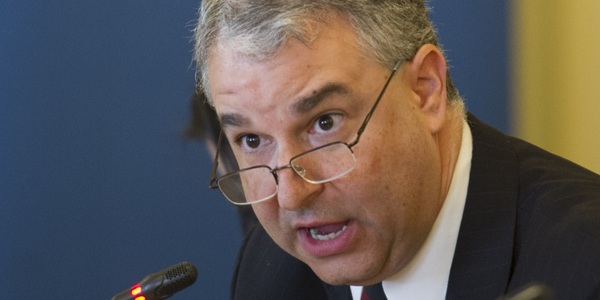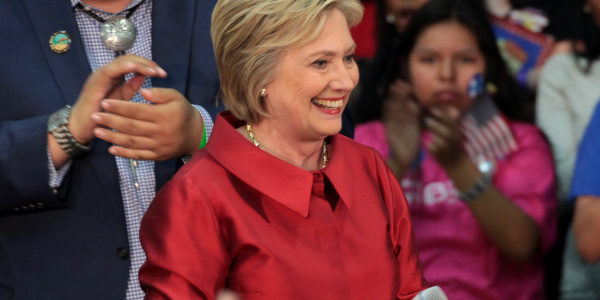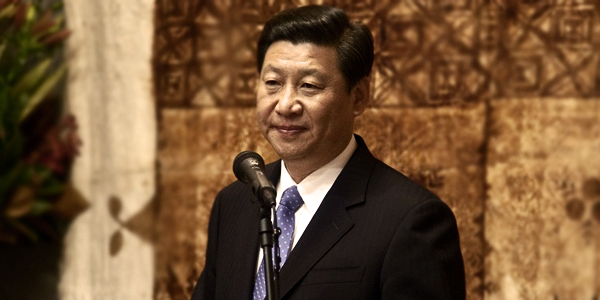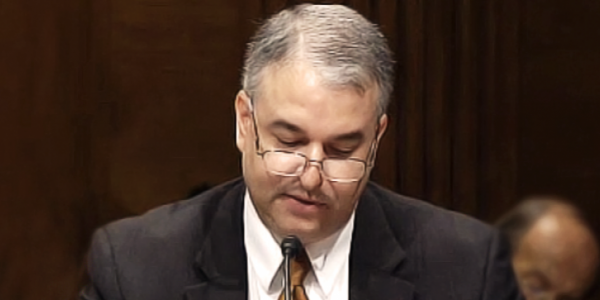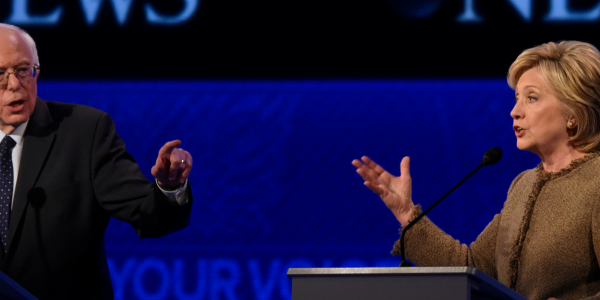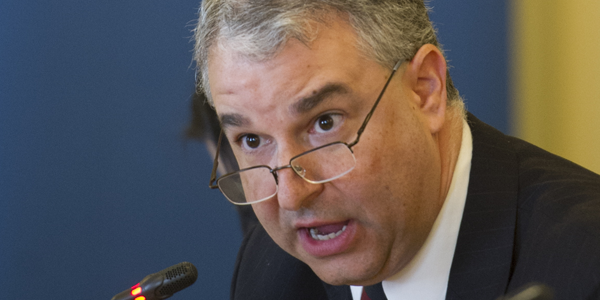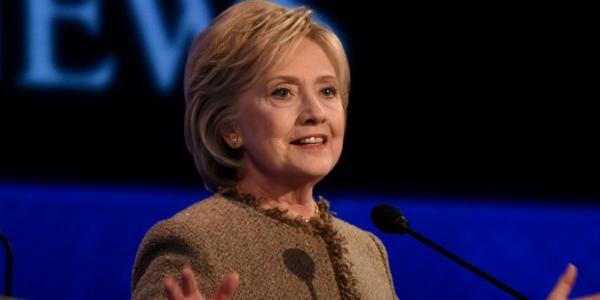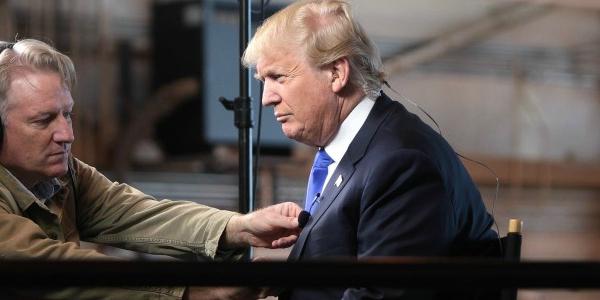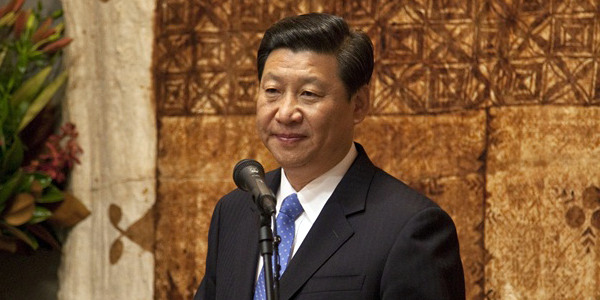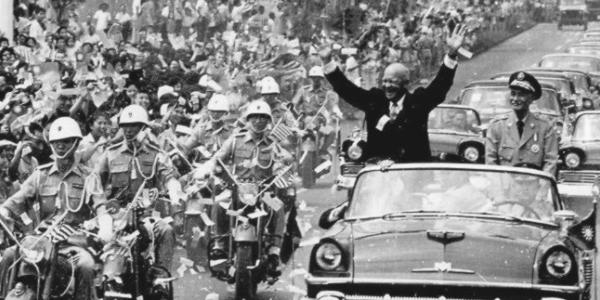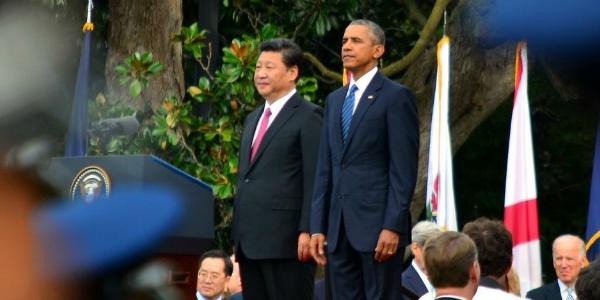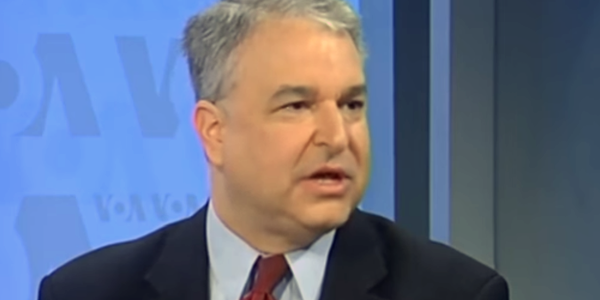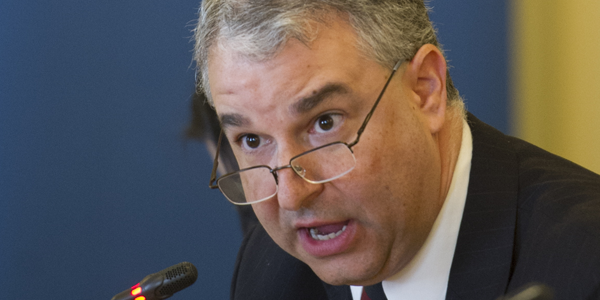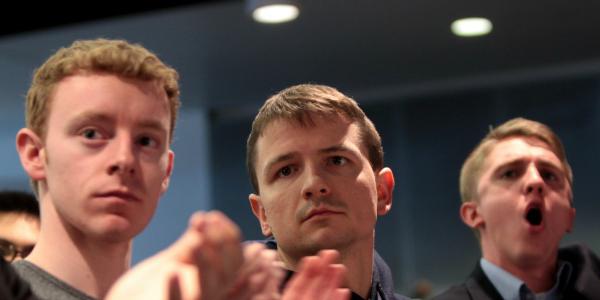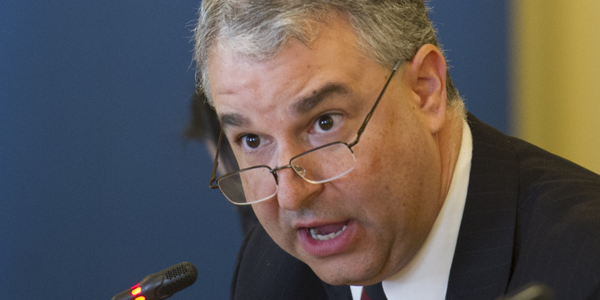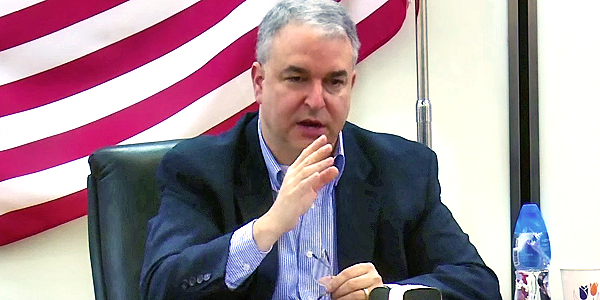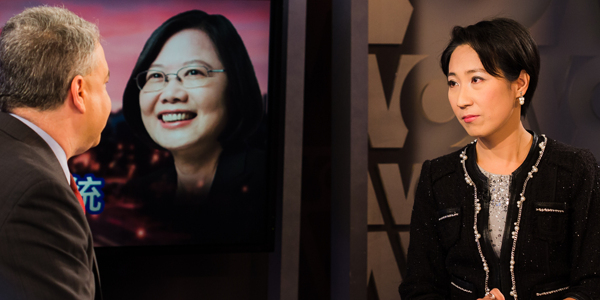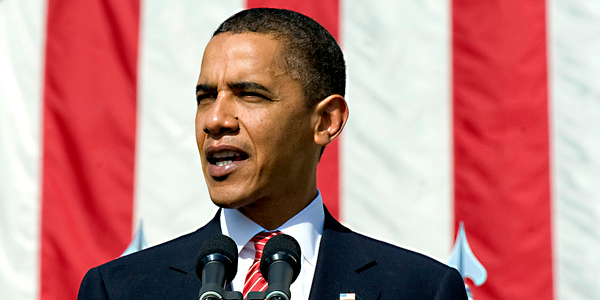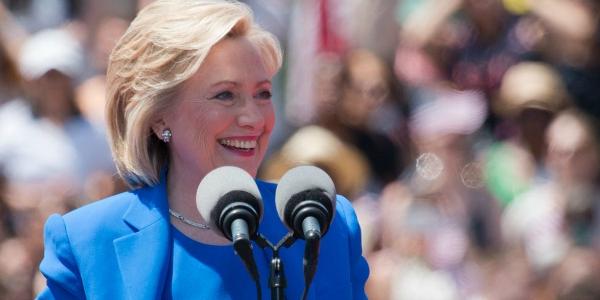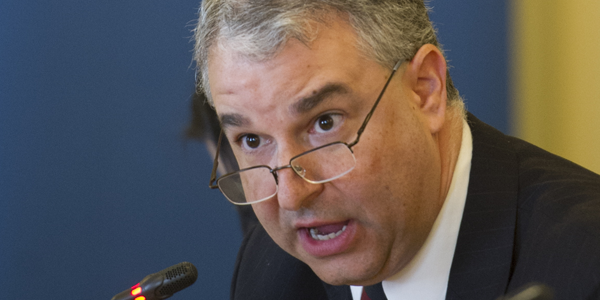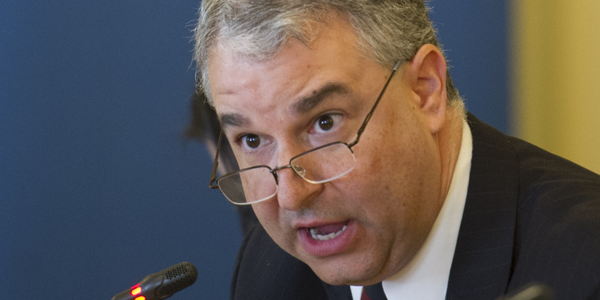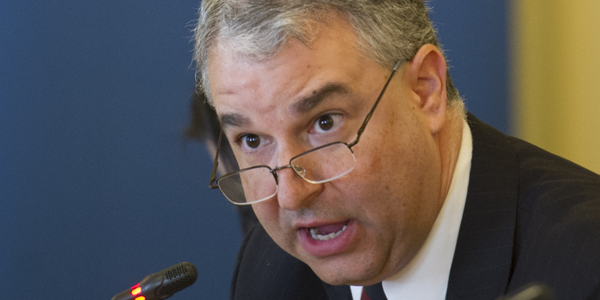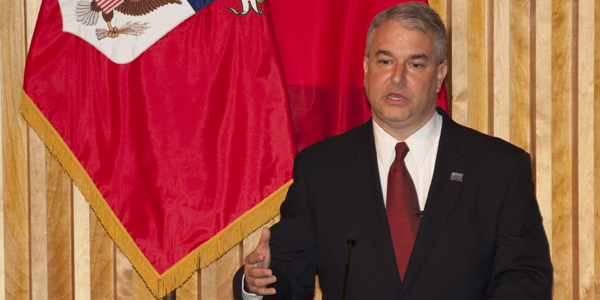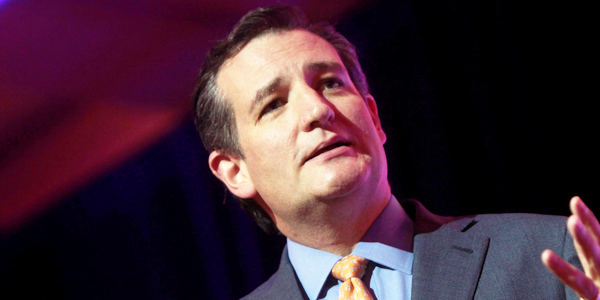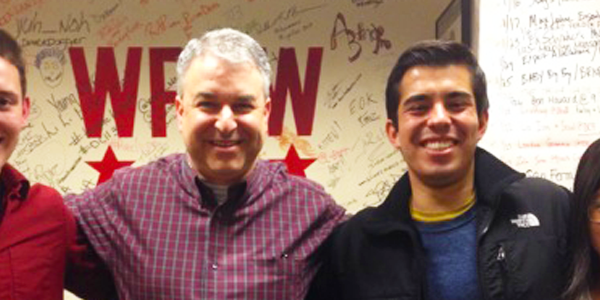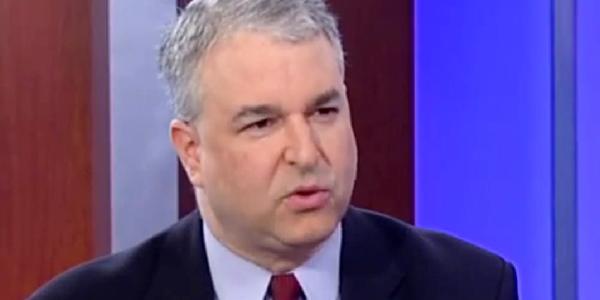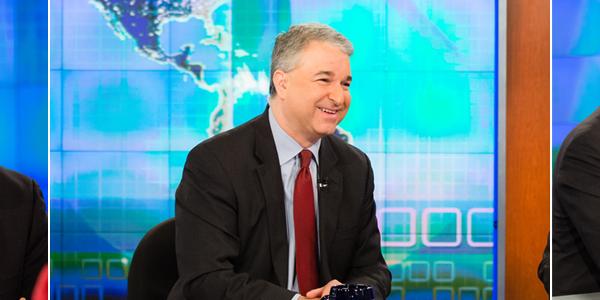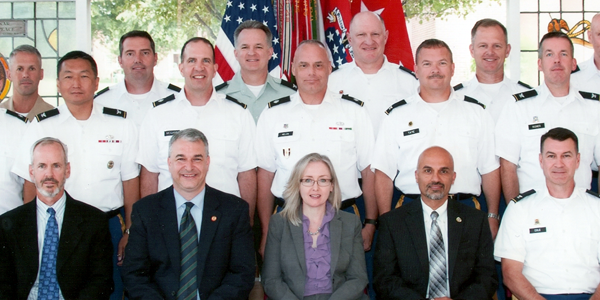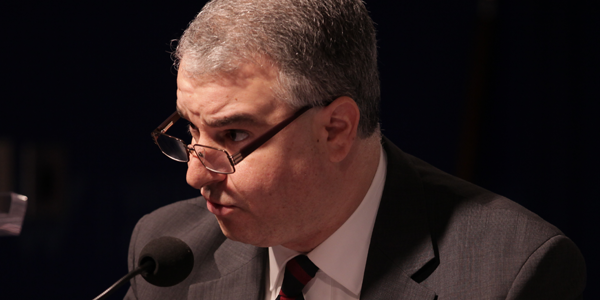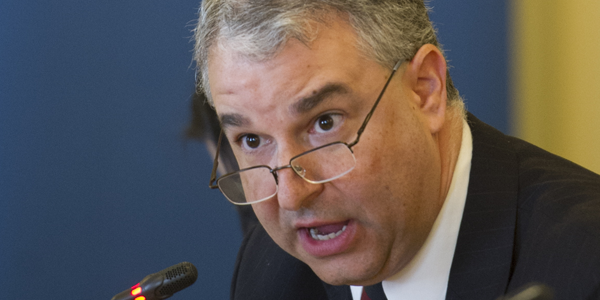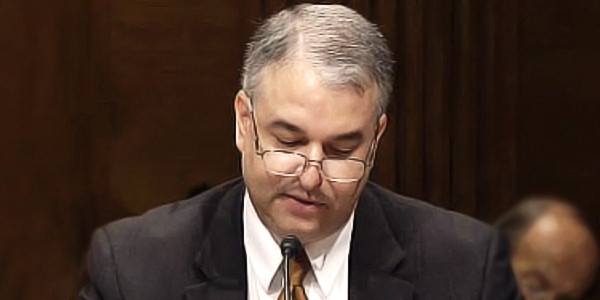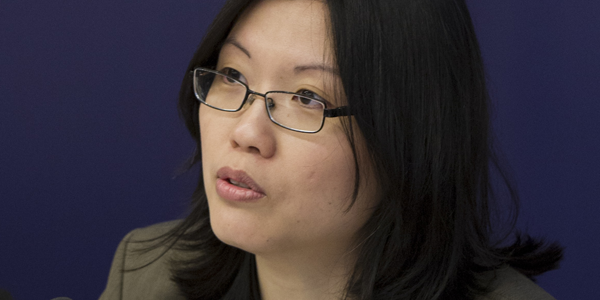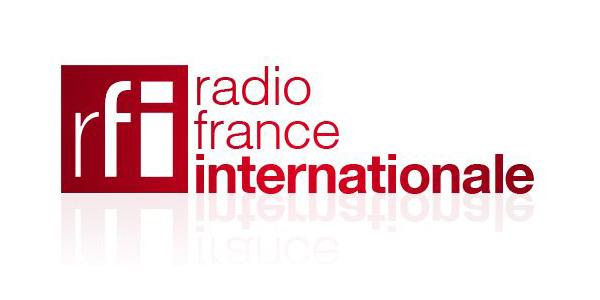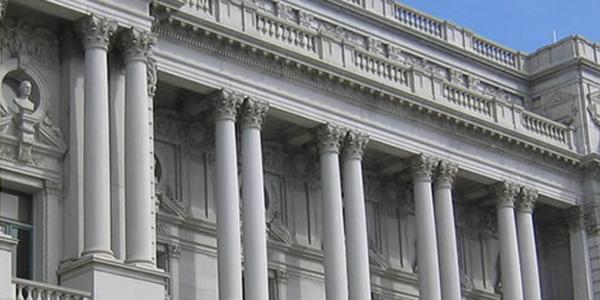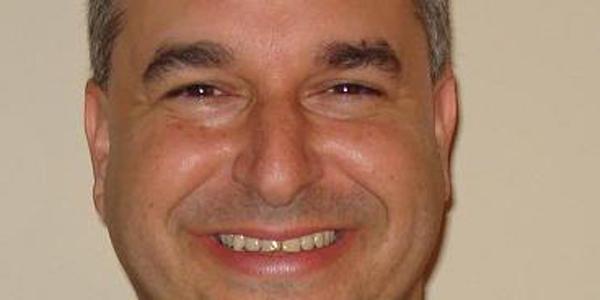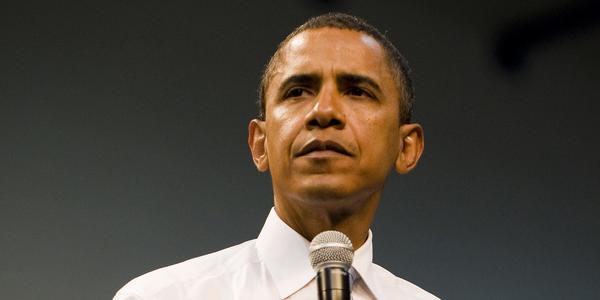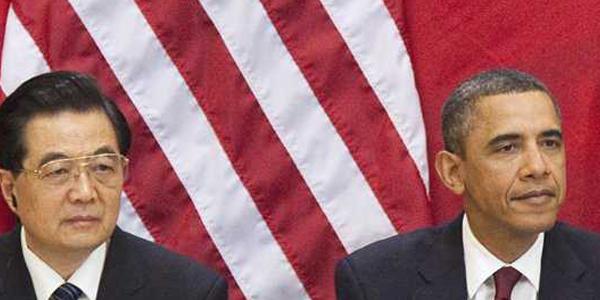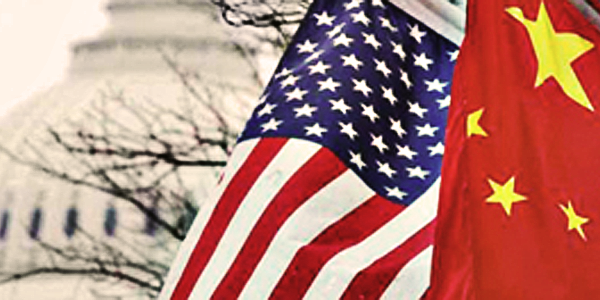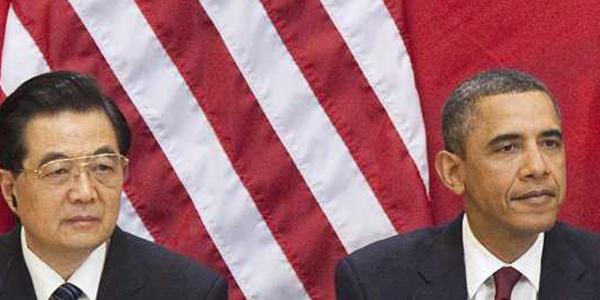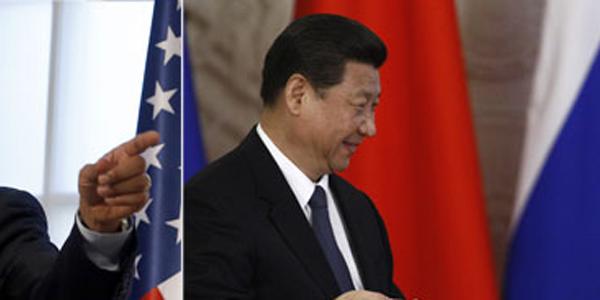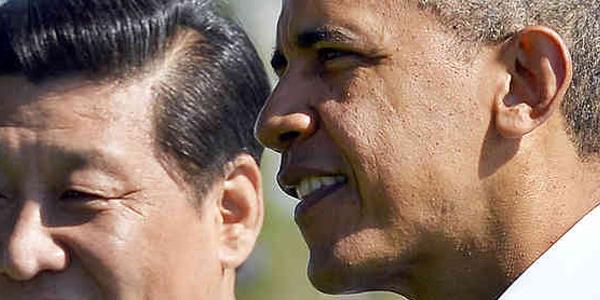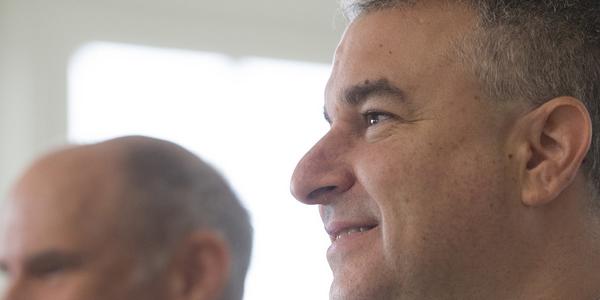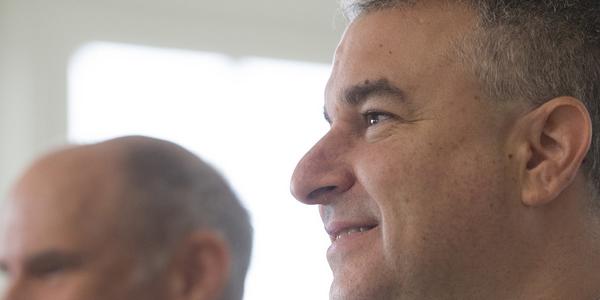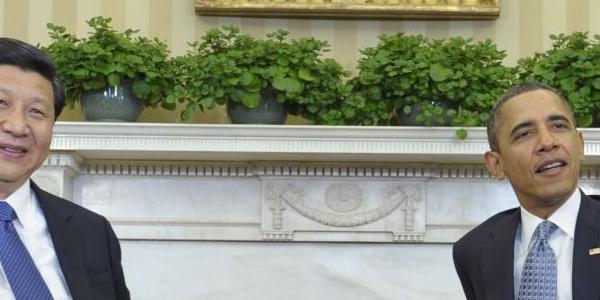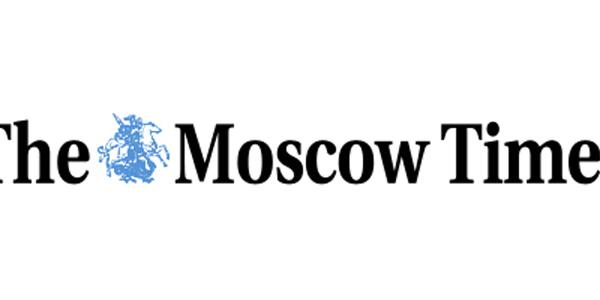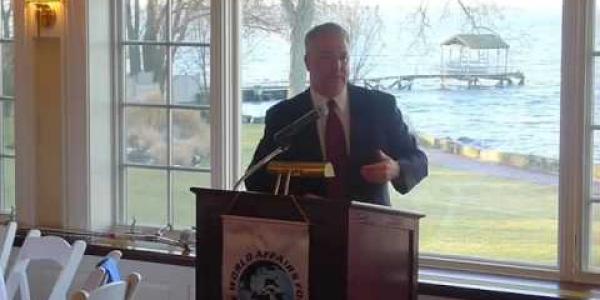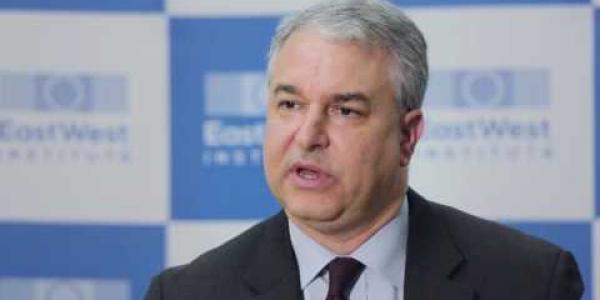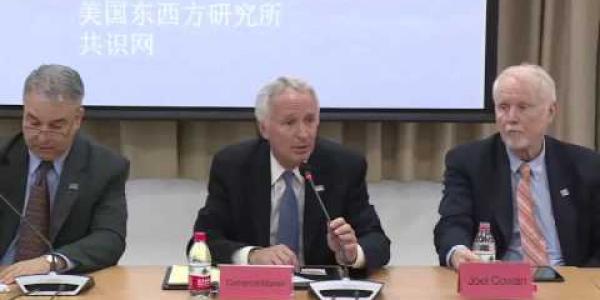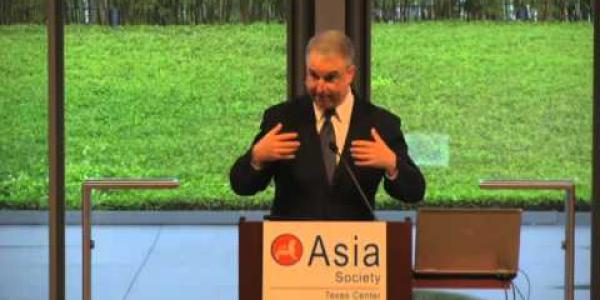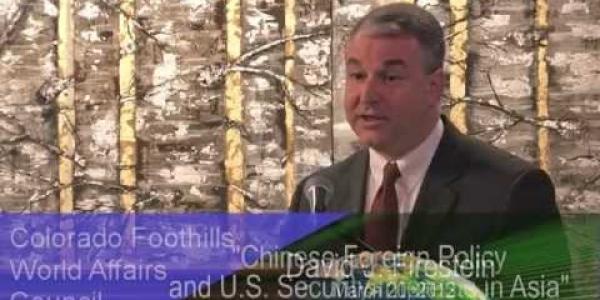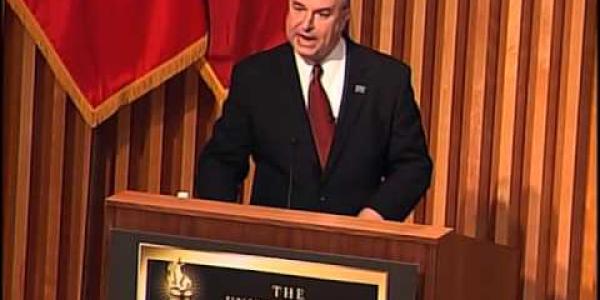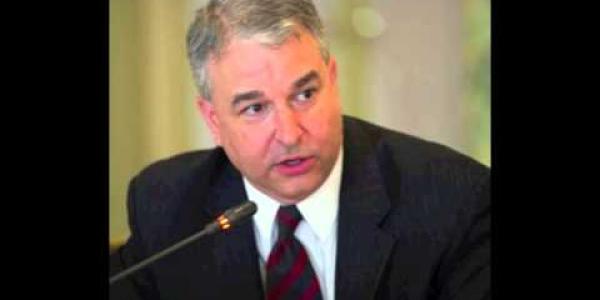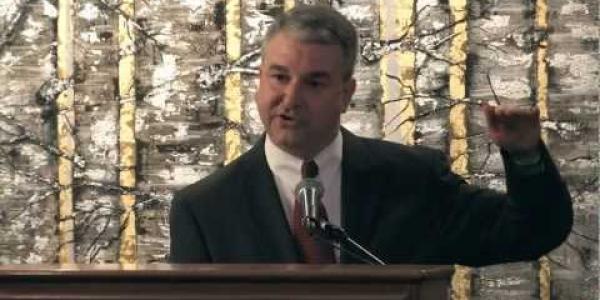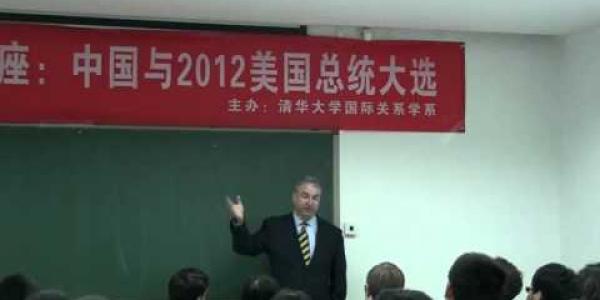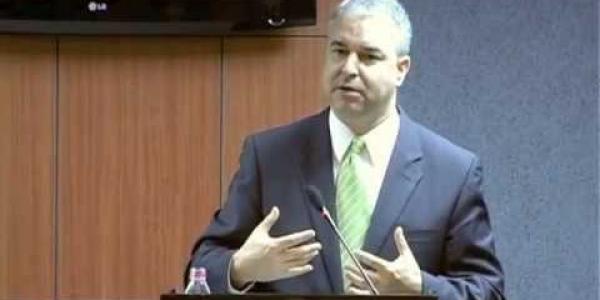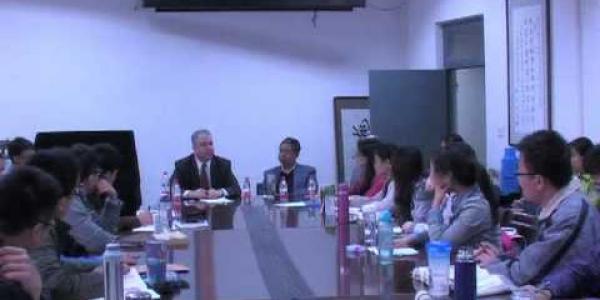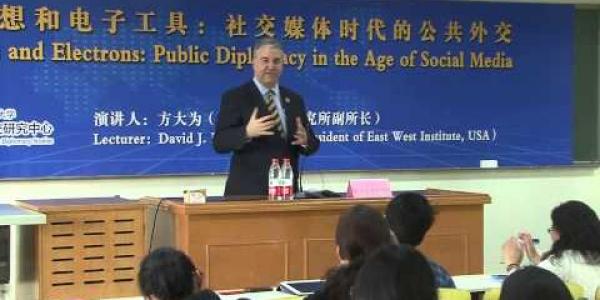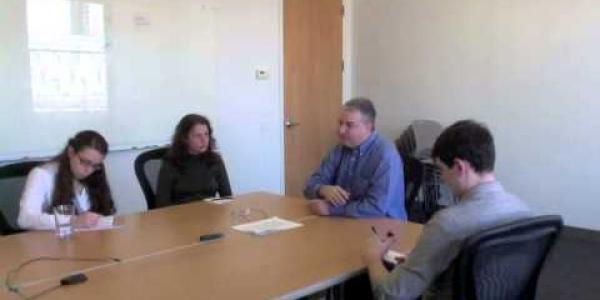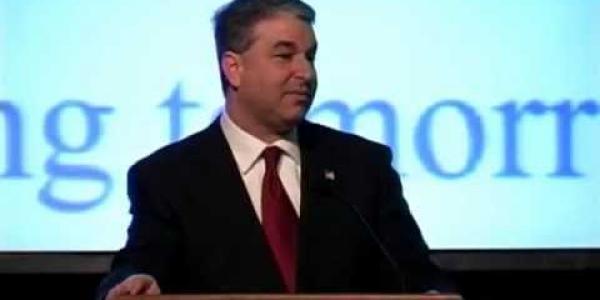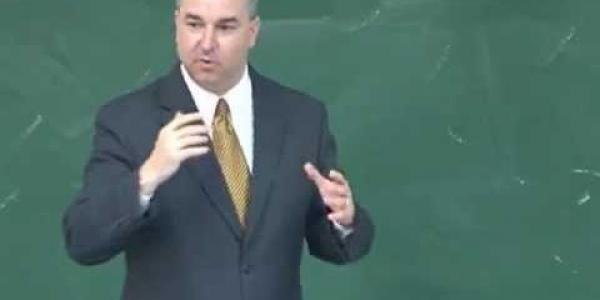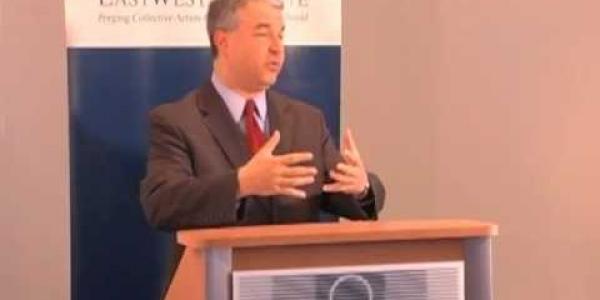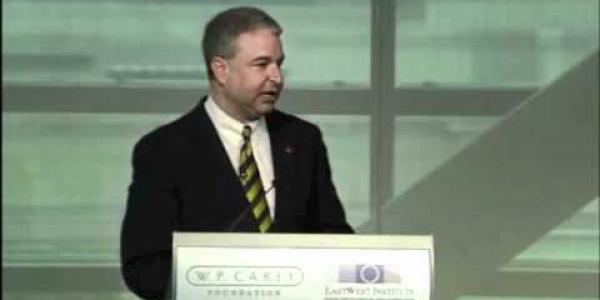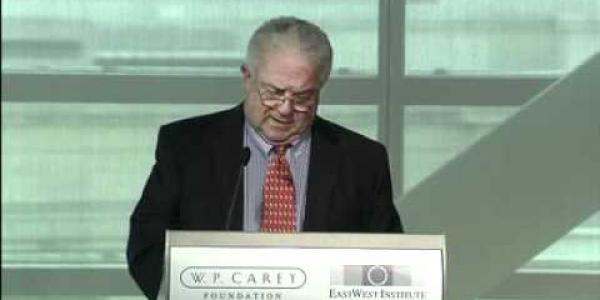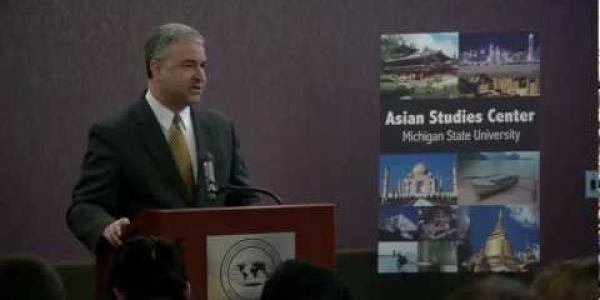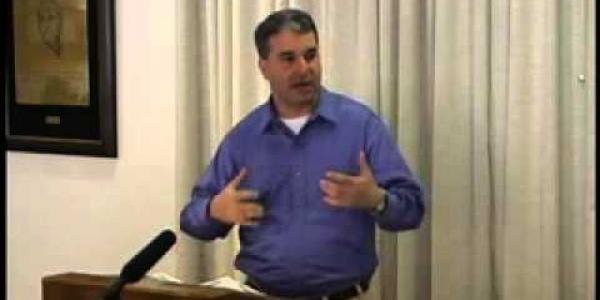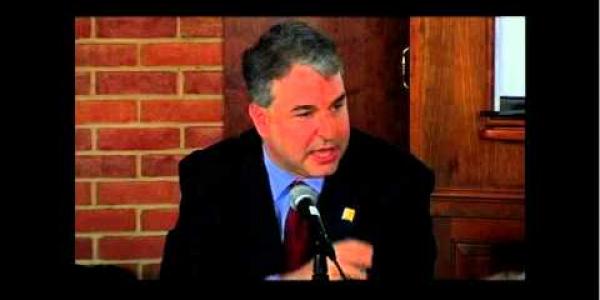David J. Firestein was a Perot Fellow and EWI's Senior Vice President for the Strategic Trust-Building pillar and Track 2 Diplomacy.
In this capacity, he oversaw EWI's Asia-Pacific program and Russia and United States program, as well as the institute’s work on U.S.-Iran trust-building. A career U.S. diplomat from 1992 to 2010, Firestein is an expert in China, Russia, public diplomacy and U.S. politics. In his Foreign Service career, he served at the U.S. embassies in Beijing (5 years) and Moscow (4 years). Firestein speaks near native-level Chinese and fluent Russian and has interpreted for senior U.S. officials in both languages.
Firestein is the author or co-author of three books on China, including two China-published bestsellers: Pacific Reflections: Essays on Chinese and American Society and Culture (1997); and Here and There: 81 Conversations about China and America (2004). In 1995-1996, Firestein wrote a column for the Beijing Youth Daily; he was the first foreigner ever to have a column in a PRC newspaper. From 2000 to 2002, Firestein wrote over 40 articles, mostly on U.S. politics and society, for Russian newspapers and magazines. In all, he has published some 130 articles in Chinese and Russian publications, including the Global Times, the China Youth Daily, the Legal Times, Noviye Izvestiya and other major periodicals. In the United States, Firestein’s recent commentary has appeared in the Dallas Morning News and the Austin American-Statesman.
Firestein taught U.S.-China relations and U.S.-Russia relations as an adjunct member of the graduate faculty at the University of Texas (Austin) from 2006 to 2008. In 2001, he also twice taught “Political Consulting and the American Political Campaign” at the Moscow State Institute (University) for International Relations (MGIMO), Russia’s top university for foreign affairs and premier diplomatic training facility. He was the first sitting foreign diplomat ever to garner a teaching position at MGIMO.
Firestein’s career highlights include domestic Foreign Service stints at the U.S. Advisory Commission on Public Diplomacy (as deputy executive director and senior advisor), the State Department's Asia-Pacific Economic Cooperation (APEC) office, and the China desk. From 2007 to 2009, Firestein was also an elected at-large member of the Board of Governors of the American Foreign Service Association (AFSA), the Foreign Service’s union and professional association; in this capacity, he represented about 9,000 State Department Foreign Service constituents.
Among Firestein's major awards and honors are the 2006 "Secretary of State's Award for Public Outreach," MGIMO’s 2001 “Teaching Excellence Award,” the 1997 "Linguist of the Year Award" (for accomplishments in Mandarin Chinese in the U.S. Foreign Service), and designation, also in 1997, as one of Peking University's "50 Most Distinguished Foreign Alumni." Also in 1997, the Beijing Youth Daily described Firestein as “arguably the most influential American in China” with respect to how Chinese viewed the United States.
Firestein is a frequent lecturer and speaker on U.S.-China relations, U.S.-Russia relations, public diplomacy, U.S. politics, and country music (especially, the political communication effect of American country music). In the latter field, his 2005 article, “The Honky Tonk Gap: Country Music, Red State Identity, and the U.S. Election of 2004” is considered a seminal contribution.
Firestein holds a bachelor's degree from Georgetown University in international relations and master's degrees from the University of Texas in public affairs and Asian studies. Firestein is a native of Austin, Texas.

